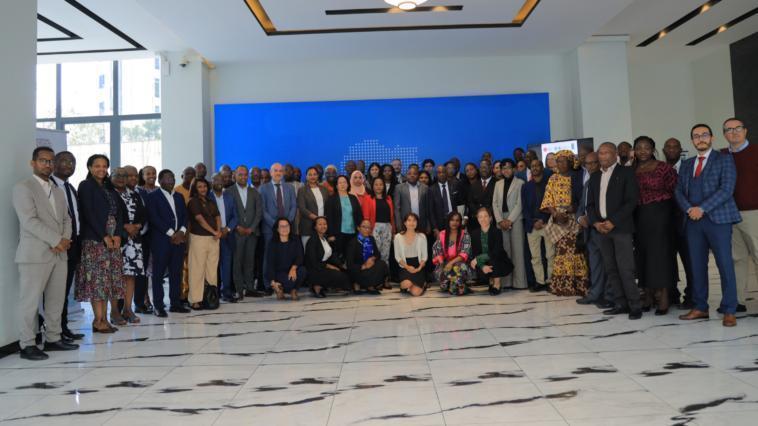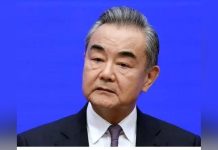Africa-Press – Lesotho. On the outskirts of Addis Ababa, 30-year-old Behailu Seboka, founder of Askema Engineering, manufactures brake pads using discarded materials from slaughterhouses. What started as a university project has now grown into a company employing 268 people and serving 6,400 customers across Ethiopia. “With the right support, we can prove that the circular economy is not just beneficial for the environment, but also for business,” he says.
Askema Engineering, an exhibitor at the 2025 Annual Meeting of the African Circular Economy Alliance (ACEA), is a prime example of how African ingenuity—when backed by coordinated policies and investments—can evolve into an industrial asset ready for export.
Across the continent, businesses like Askema are bringing the circular economy to life. Attendees at the ACEA Annual Meeting were introduced to various initiatives led by small and medium-sized African enterprises committed to this approach.
In Madagascar, the Ministry of the Environment is collaborating with local innovators to recycle polyethylene sachets into durable thread for handbags. In Burkina Faso, plastic waste is being transformed into paving stones or planks that are then used to create school desks and public space equipment.
These projects embody the core concept of circularity—an economic model that fosters sustainability through the reuse and recycling of materials, all while minimizing waste.
Each year, over 10 million young people enter the African job market, yet only 3.1 million new jobs are created. With the global circular economy market valued at $546 billion and the potential to generate 11 million new jobs by 2030, Africa’s adoption of circular principles could become a transformative force for employment and inclusive growth.
The African Circular Economy Alliance (ACEA), which includes 21 African countries, is leading the charge to incorporate circular economy principles into the continent’s development strategies. Its goal is to turn the ecological transition into a catalyst for development and integration.
The 2025 ACEA Annual Meeting, held in Addis Ababa from October 14 to 16, provided a key platform for dialogue, knowledge-sharing, and partnership-building. Participants explored ways to scale circular models that deliver both environmental and economic benefits.
The meeting brought together representatives from member states and 19 partner institutions, including the African Union, the European Union, the African Development Bank, the African Organisation for Standardisation (ARSO), as well as UN agencies such as the United Nations Development Programme (UNDP) and the United Nations Environment Programme (UNEP).
Discussions focused on harmonizing standards, financing, and industrial policies to address the fragmentation within Africa’s circular economy ecosystem. Initiatives like the African Circular Economy Fund (ACEF)—a catalytic instrument of the African Development Bank Group—and the African Union’s Continental Circular Economy Action Plan (CEAP) are already driving progress in line with the African Union’s Agenda 2063.
“I would like to congratulate the African Circular Economy Alliance and the African Development Bank for their steadfast commitment to the circular economy,” said Finland’s Ambassador to Ethiopia, Sinikka Antila. Finland, a partner country of the Alliance, also serves as a donor to the ACEF.
Aubin Ndodjide, Chad’s representative in Ethiopia, also praised the Alliance’s efforts to convert circular economy opportunities into tangible solutions and sustainable employment for young Africans.
The African Development Bank Group has embedded circularity within its Ten-Year Strategy 2024–2033, recognizing it as a cornerstone for sustainable prosperity. The Bank’s new Four Cardinal Points agenda—expanding access to capital, reforming financial systems, leveraging demographic potential, and investing in resilient infrastructure—embodies the same vision.
“The circular economy ties together the Bank Group’s four cardinal points in a single equation: transforming Africa’s resources, ideas, and youth into drivers of economic power,” stated Nathaniel Oluoch Agola, Acting Country Director of the Bank Group in Ethiopia.
For More News And Analysis About Lesotho Follow Africa-Press






